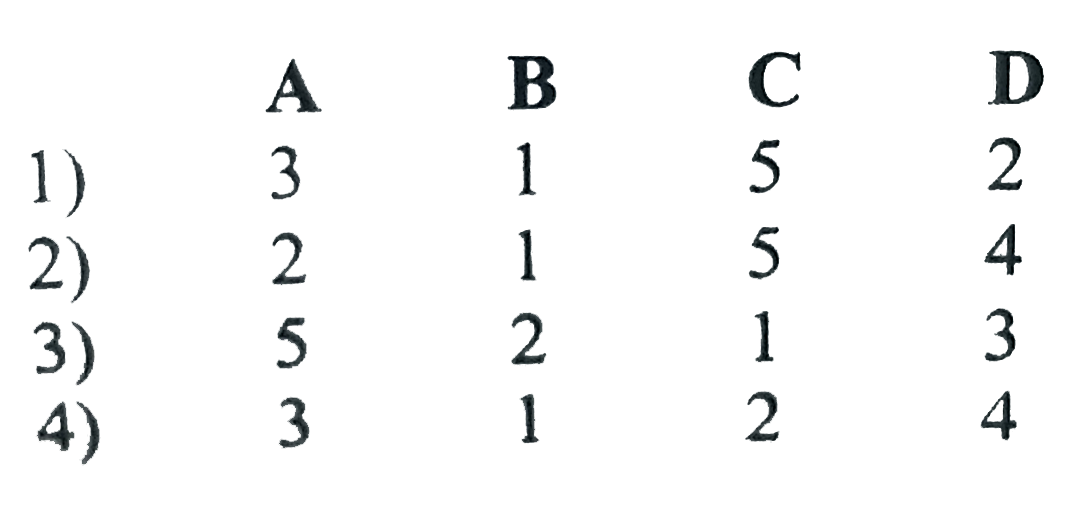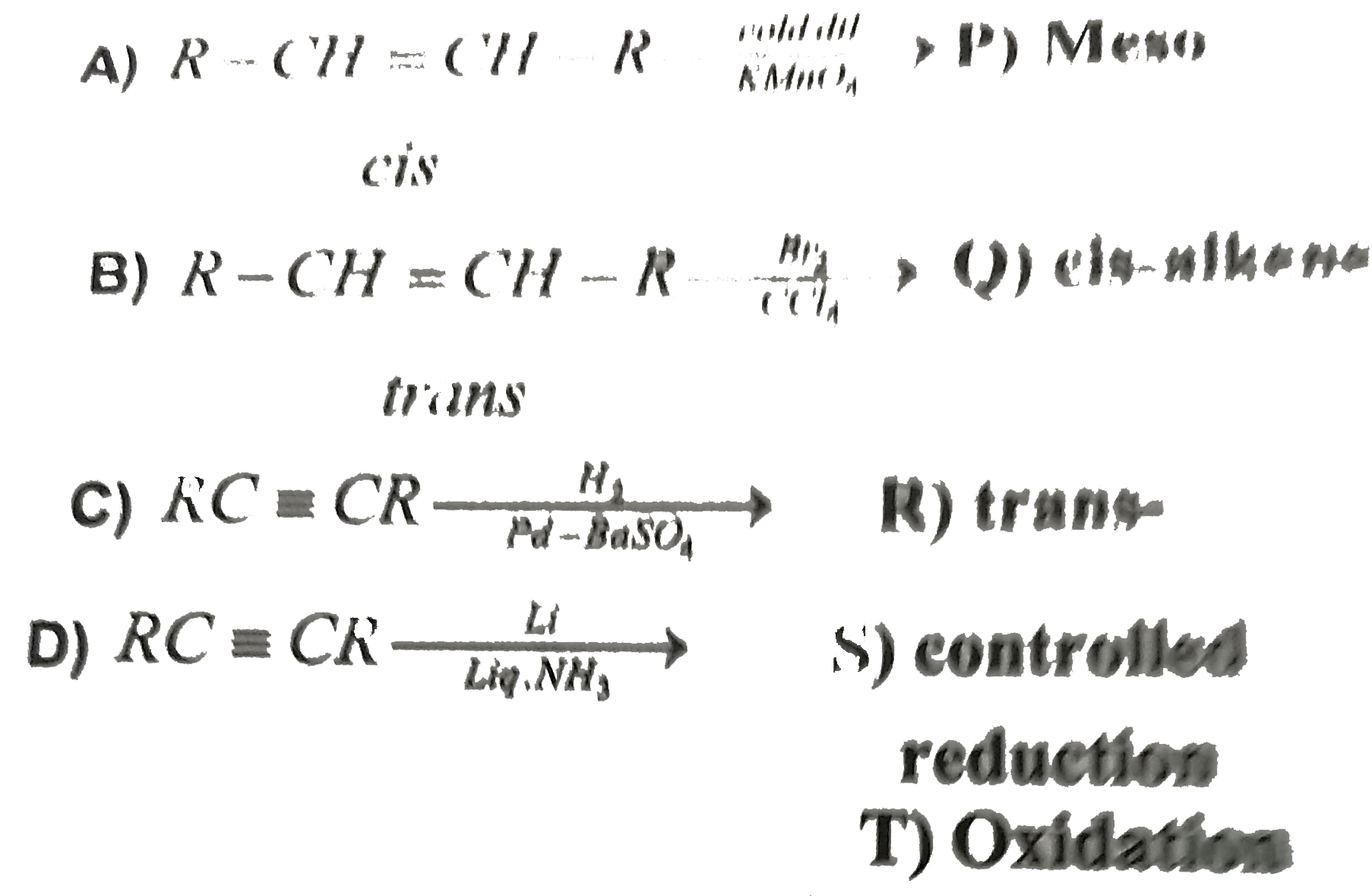A primary alkyl halide would prefer to undergo:
A
S1N reaction
B
S2N reaction
C
a-Elimination
D
Racemisation
Text Solution
The correct Answer is:B
As primary alkyl halide is least sterically hindered among primary, secondary and tertiary alkyl halides, therefore primary alkyl halides undergo S2N reaction.
|
Topper's Solved these Questions
- HALOALKANES AND HALOARENES BOOK - ICSECHAPTER - HALOALKANES AND HALOARENES EXERCISE - FILL IN THE BLANKS
9 Videos
- HALOALKANES AND HALOARENES BOOK - ICSECHAPTER - HALOALKANES AND HALOARENES EXERCISE - MATCH
1 Videos
- HALOALKANES AND HALOARENES BOOK - ICSECHAPTER - HALOALKANES AND HALOARENES EXERCISE - ISC EXAMINATION QUESTIONS
4 Videos
- GENERAL PRINCIPLES AND PROCESSES OF ISOLATION OF ELEMENTS BOOK - ICSECHAPTER - GENERAL PRINCIPLES AND PROCESSES OF ISOLATION OF ELEMENTS EXERCISE - EXERCISE (PART-I ( OBJECTIVE QUESTIONS )) (Fill in the blanks)
60 Videos
- ISC QUESTION PAPERBOOK - ICSECHAPTER - ISC QUESTION PAPEREXERCISE - PART-II(SECTION-B)
74 Videos
Similar Questions
Knowledge Check
Terminal alkynes hafvfe a acidic hydrogn/s. sodium salt of terminal alkynes behave as nucleophile as well as strong base. For primary alkyl halides it well as strong base. For primary alkyl halides it behave as nucleophile. Thus primary alkyl halides give SN reaction with its salt. Alkynes undergo give SN reaction with its salt. Alkynes undergo electrophilic as well as nucleophilic addition reaction. they also undergo hydroboration, oxidation and ozonolysis.
Q. CH3C≡CH+HOX(2equ.)→Y. Y isACH3COCHX2BCH3COCH3CCH3COCOOHDCH3CHXCHOTerminal alkynes hafvfe a acidic hydrogn/s. sodium salt of terminal alkynes behave as nucleophile as well as strong base. For primary alkyl halides it well as strong base. For primary alkyl halides it behave as nucleophile. Thus primary alkyl halides give SN reaction with its salt. Alkynes undergo give SN reaction with its salt. Alkynes undergo electrophilic as well as nucleophilic addition reaction. they also undergo hydroboration, oxidation and ozonolysis.
Q. The correct match isAABCD3152BABCD2154CABCD5213DABCD3124
The correct match isAABCD3152BABCD2154CABCD5213DABCD3124Terminal alkynes hafvfe a acidic hydrogn/s. sodium salt of terminal alkynes behave as nucleophile as well as strong base. For primary alkyl halides it well as strong base. For primary alkyl halides it behave as nucleophile. Thus primary alkyl halides give SN reaction with its salt. Alkynes undergo give SN reaction with its salt. Alkynes undergo electrophilic as well as nucleophilic addition reaction. they also undergo hydroboration, oxidation and ozonolysis.
Q. AABCDPTPQSRSBABCDRSQSPTPTCABCDQSPPTRSDABCDRSPPTQS
AABCDPTPQSRSBABCDRSQSPTPTCABCDQSPPTRSDABCDRSPPTQS
The only alkene which gives primary alkyl halides on hydrohogenation
View SolutionWhich following is primary alkyl halide alkyl halide
View SolutionThe only alkene which gives primary alkyl halides on hydrohalogenation
View Solution1∘ alkyl halides preferably undergo which of the following mechanism ?
View SolutionWhich of the following alkyl halides will not undergo dehydrohalogenation unless the conditions are drastic ?
View Solution
